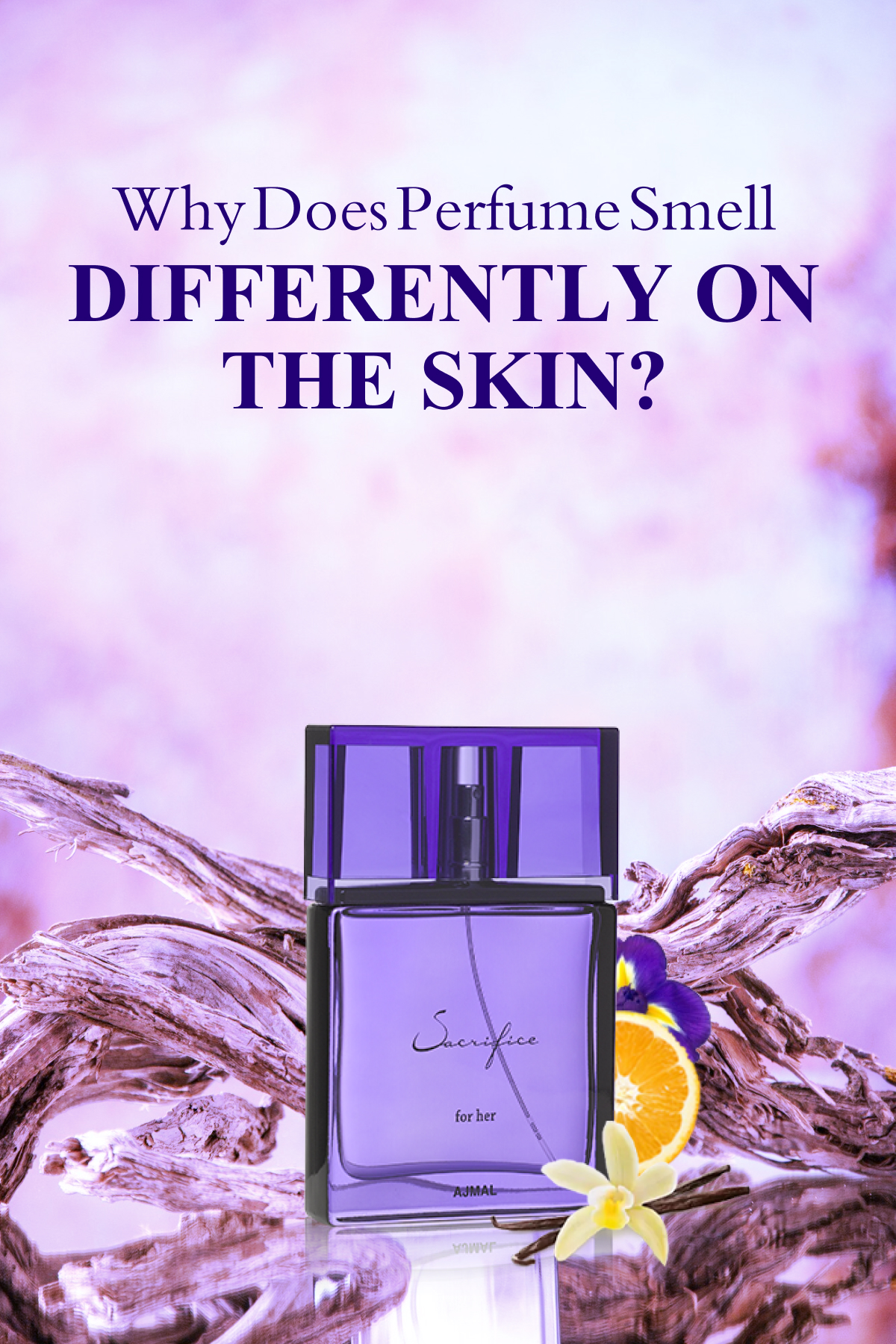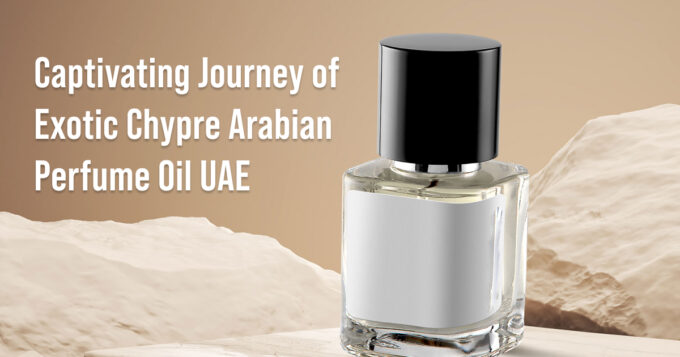Perfume is a complicated and intriguing product composed of aromatic chemicals, essential oils, and solvents. Each fragrance is carefully crafted to elicit unique emotions, memories, and feelings. However, one unique element of perfumes is that they frequently smell differently on each individual.
This phenomena can be perplexing, especially when a scent that smells great on someone else does not hold the same fascination for you. In this blog article, we will look at the science and elements that impact why perfume smells differently on different people’s skin.
The Science behind Perfume
Perfumes consist of volatile aromatic chemicals, essential oils, and a solvent, typically alcohol. These chemicals are carefully calibrated to generate a distinct smell profile, which is frequently defined in terms of top, middle, and base notes, such as those found in chypre perfumes examples.
Top Notes
The initial, milder smells that are noticeable soon after application.
Middle (Heart) Notes: The core of the smell that develops after the top notes evaporate and lasts for several hours.
Base Notes: The fragrance’s long-lasting basis, appearing after the middle notes fade.
Interaction with Skin Chemistry.
Perfumes are intended to be worn on the skin, where they react with the body’s natural chemistry. This interaction is what creates the distinct fragrance profile that each person senses.
Several variables affect how perfume smells on various people:
Factors Affecting Perfume Smells on Skin 1. Skin pH Level The pH level of your skin has a big impact on how perfume smells. Skin pH can range from acidic to slightly alkaline, usually between 4.5 and 6.2. The pH level can affect how perfume molecules are perceived:
Acidic Skin: People with more acidic skin may notice that certain perfumes have a stronger or more distinct scent.
Alkaline Skin: Those with more alkaline skin may remark that scents smell softer and more mellow.
2. Skin Type.
Your skin type—whether oily, dry, or combination—can also affect how perfume smells and lasts.
Oily Skin: Fragrances remain longer on oily skin because oils can hold fragrance molecules. This can result in a more strong and long-lasting aroma.
Perfume may not stay as long on dry skin since it lacks the oils necessary to keep the aroma. This can make the aroma look lighter and shorter-lasting.
3. Body Temperature
The pace at which aromatic chemicals in perfume evaporate can be influenced by body temperature. Higher body temperatures can cause perfume to dissipate more quickly, intensifying the aroma but reducing its duration. Cooler body temperatures, on the other hand, may cause the fragrance to be released more slowly, allowing it to linger longer but smell more mild.
4. Diet and Hydration
What you eat and drink can change the chemistry of your skin, affecting how perfume smells on you. Certain meals, such as spicy dishes, garlic, and onions, might affect your body odor and interact with your perfume. Furthermore, remaining hydrated helps to preserve the skin’s natural moisture balance, which can improve the durability and projection of fragrances.
5. Hormonal Changes.
Stress, menstruation, pregnancy, and hormonal therapy can all induce hormonal swings that affect your body’s chemistry dramatically. These alterations can affect how a perfume interacts with your skin, causing variances in how the scent is perceived.
6. Personal Hygiene Products.
Other things you use on your skin, such as lotions, soaps, and deodorants, might influence how a perfume smells. These products frequently have their own aromas, which might combine with the perfume to create a distinct blend. Furthermore, several components in personal hygiene products can influence the duration and strength of your smell.
Tips for Selecting the Right Perfume
1. Test on your skin.
Always test perfumes on your skin before buying them. Apply it to your wrist or the inside of your elbow and wait a few hours to observe how it progresses. This allows you to get a complete sense of the fragrance notes and how they interact with your skin chemistry.
2. Consider your skin type.
Consider your skin type before selecting a scent. If you have dry skin, try a fragrance-enhancing lotion or oil to make the aroma remain longer. For oily skin, use milder, fresher fragrances that won’t become overbearing.
3. Be aware of environmental factors.
Consider the environment in which you’ll be wearing the scent. Temperature and humidity can influence how a fragrance behaves, so select aromas appropriate for the environment and situation.
4. Layering scents.
Layering perfumes can help you create a distinct and individualized aroma. Begin with a perfumed body lotion or oil, and then apply your perfume. This can extend the fragrance’s life and give depth to its scent.
Conclusion
The way perfume smells on your skin is a complicated interaction of chemistry, biology, and personal preferences. Understanding the components that govern this interaction will allow you to select scents that compliment your specific body chemistry and ensure that you always smell your best.
By testing perfumes on your skin, taking into account your skin type and other contributing elements, and experimenting with layering, you can find the perfect aroma that reflects your unique personality. Perfume is a personal and intimate item, and with the appropriate understanding, you can make it work perfectly for you.












